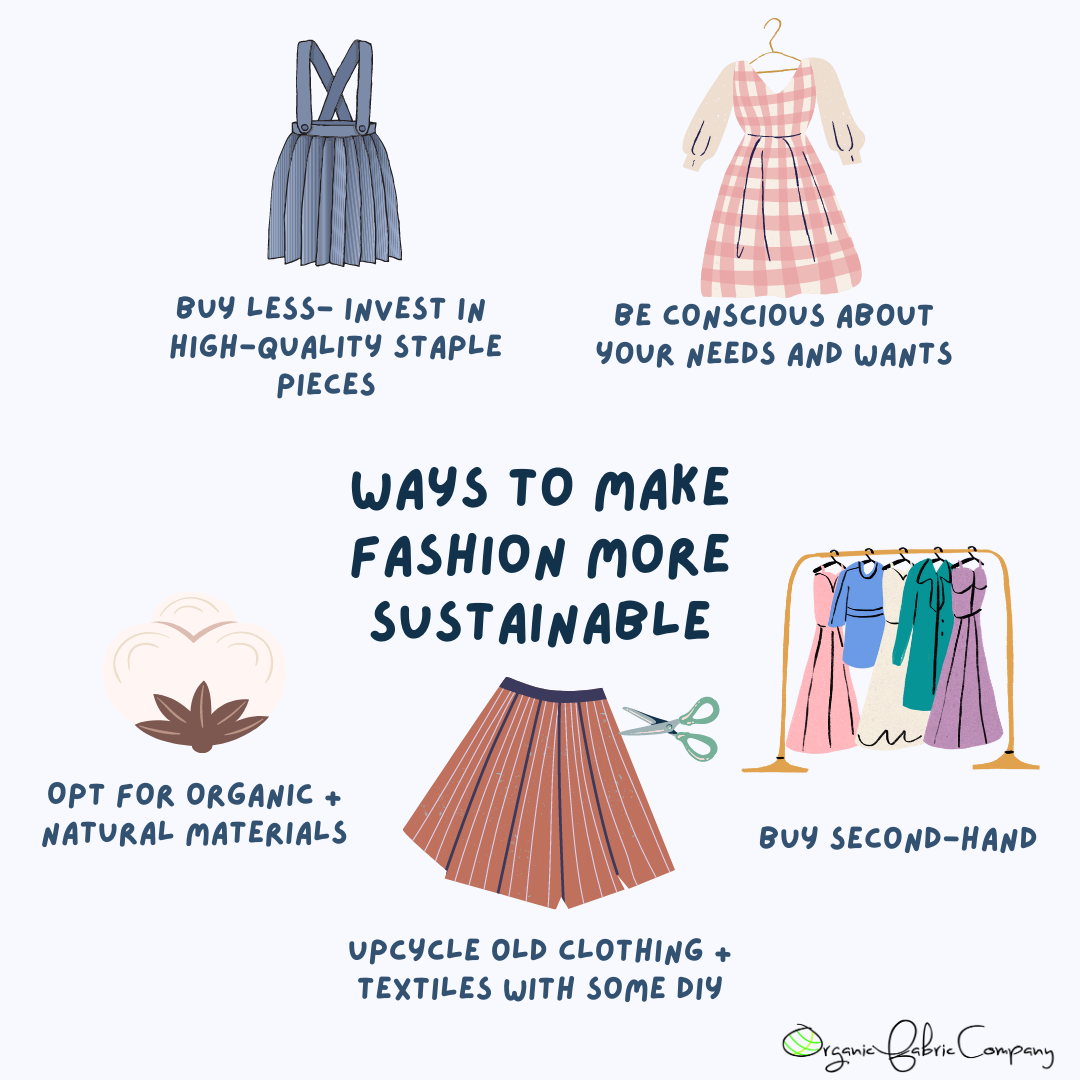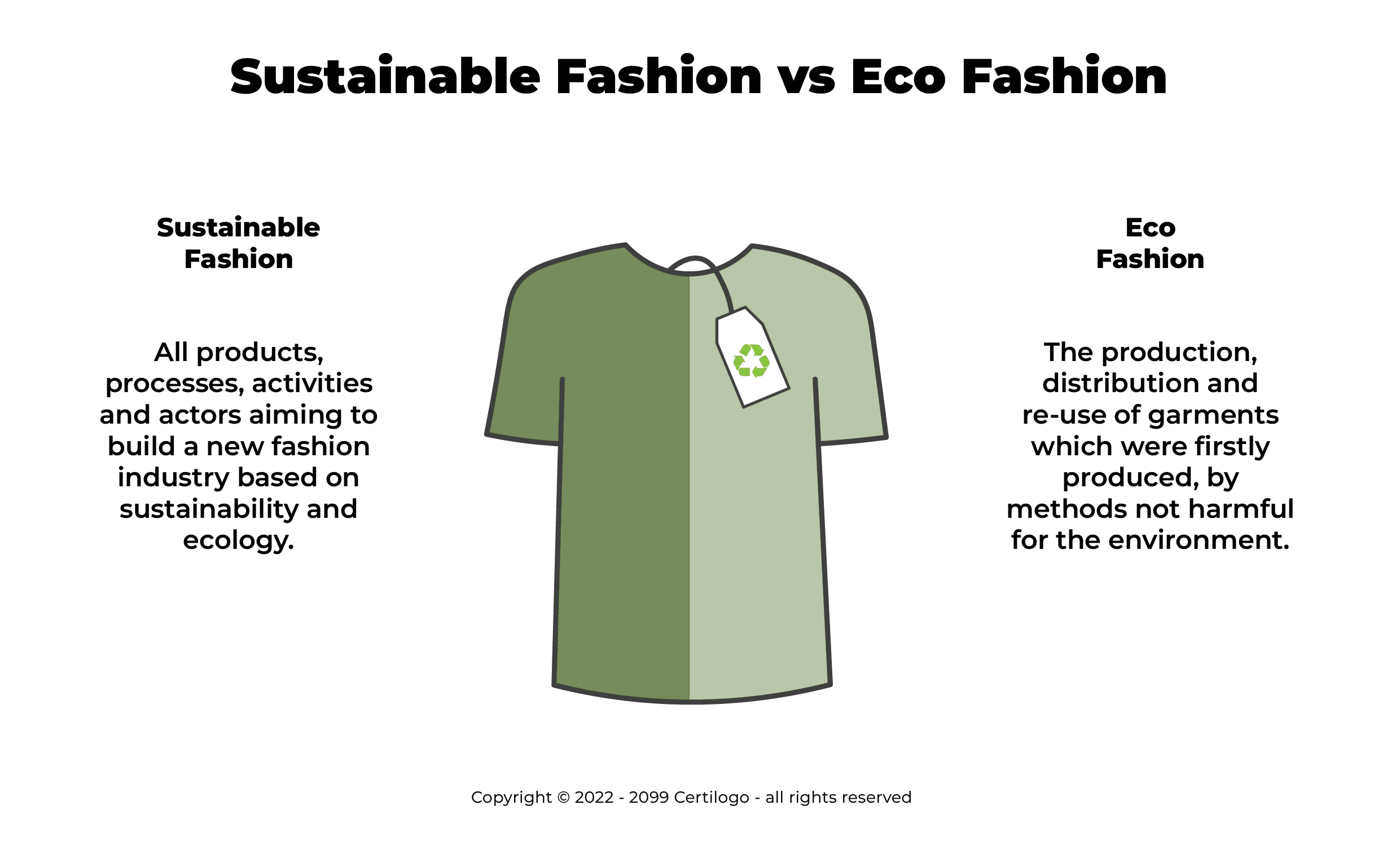Keep Ahead of the Curve by Exploring Ingenious Style Trends
In an industry as dynamic as style, remaining ahead includes more than just following current patterns-- it demands an expedition of development. The merging of technology and style heralds a brand-new period of consumer involvement.

Welcoming Smart Textiles
Over the last few years, the apparel industry has actually observed a transformative change with the assimilation of smart textiles, an innovative advancement that mixes modern technology with textile. This advancement stands for not just a blend of visual appeals and performance however likewise a considerable leap towards sustainability and personalization in fashion. Smart textiles, also referred to as e-textiles, installed innovative electronic devices such as sensing units and conductive strings within the textile, allowing garments to engage with the user or the atmosphere.
These fabrics are made to check physical specifications, such as heart rate or body temperature, offering real-time health analytics. Past health and wellness applications, wise fabrics are also being made use of for adaptive garments, which can change shade or pattern in response to environmental stimuli, hence using a dynamic fashion experience.
In addition, the advancement of energy-harvesting textiles that create power from motion or sunlight is leading the way for self-sufficient wearable modern technology. This technology is attracting environmentally aware consumers and developers aiming to reduce the eco-friendly footprint of style. As r & d in this area development, smart fabrics are expected to come to be increasingly widespread, reshaping the landscape of modern-day fashion with their multifunctional capacities.
The Rise of 3D Printing
Revolutionizing the production landscape, 3D printing has actually emerged as a game-changer in the apparel industry. This advanced modern technology has made it possible for designers to press the limits of creative thinking, creating detailed and personalized garments that were formerly unthinkable. By leveraging electronic design and additive production, 3D printing facilitates the development of complex geometries and patterns, enabling developers to experiment with new appearances and structures.
A significant benefit of 3D printing in fashion is its capacity to produce on-demand, lessening waste and lowering inventory requirements. This performance not only enhances manufacturing processes however additionally permits rapid prototyping, allowing developers to bring their visions to life in a much shorter timeframe. Additionally, 3D printing sustains modification somewhat unrivaled by standard approaches, offering unique designs and customized fits customized to individual consumer preferences.
The surge of 3D printing has actually likewise equalized style, making it accessible to emerging designers who can now produce high-grade items without substantial financial investment in conventional manufacturing infrastructure. As technology continues to advancement, the garment industry is poised to harness the full capacity of 3D printing, exploring new materials and methods that will unquestionably redefine just how fashion is conceived and created.
Lasting Fashion Developments
As the style industry grapples with journalism requirement for environmental duty, sustainable fashion innovations have emerged at the forefront of transformative modification. The expanding understanding of ecological impact has actually sustained a change towards even more eco-conscious methods and materials. Brands and developers are now prioritizing sustainability, including techniques that minimize waste and lower carbon footprints.
One read this substantial advancement is the surge of circular fashion, which stresses recycling and upcycling to prolong the lifecycle of garments. This strategy not only minimizes waste but likewise urges consumers to embrace an extra mindful technique to apparel consumption.
One more advancement depends on the fostering of ingenious dyeing strategies that utilize waterless procedures or natural dyes, consequently reducing the large amounts of water and chemicals commonly used in textile dyeing. Moreover, innovations in biotechnology have brought about the creation of lab-grown natural leather and textiles, offering cruelty-free and ecologically pleasant choices to conventional products. Through these introducing initiatives, the apparel industry is making purposeful strides towards a much more lasting future.

Tech-Integrated Clothing
Tech-integrated garments represents an innovative blend of style and modern technology, reshaping just how individuals engage with their apparel. This innovative domain name is noted by the addition of smart textiles and embedded digital elements, boosting both performance and aesthetic allure. From physical fitness trackers installed in sports apparel to warmed jackets managed via smartphone apps, tech-integrated garments uses consumers unmatched ease and adaptability.
Introducing brands are driving this trend, concentrating on creating garments that react to environmental stimuli or customer commands. For instance, some garments can change color or pattern in action to temperature level shifts, while others integrate biometric sensors to keep track of health and wellness metrics like heart rate or anxiety levels. The smooth assimilation of technology into fabrics likewise encompasses ecological sustainability, with efforts to create self-cleaning materials or garments that adapt to climate condition, hence decreasing the requirement for numerous layers.
Additionally, the development of wearable innovation is not just restricted to garments however prolongs to devices like More hints watches and glasses, additional widening the extent of tech-integrated fashion. As the sector continues to introduce, the possibility for customization and customization in garments grows, offering consumers special, tech-enhanced style experiences that accommodate their specific requirements and preferences.
Future of Virtual Fashion
Over the last few years, the future of online style has actually become a transformative pressure within the sector, leveraging developments in digital technology to redefine how fashion is created, experienced, and taken in. By integrating augmented fact (AR), online truth (VR), and 3D style devices, designers can Home Page now craft interactive and immersive experiences that transcend traditional style borders. Virtual style permits for the production of garments that exist solely in digital atmospheres, providing endless opportunities for development without the restrictions of physical production.
This digital shift not only provides opportunities for innovative expression however also addresses sustainability concerns intrinsic in standard fashion methods. Cape Town Sustainable Fashion. By eliminating the demand for physical resources, online fashion reduces waste and lessens carbon impacts. Moreover, the surge of virtual style lines up with the raising consumer demand for distinct and individualized experiences, as online garments can be customized and customized to individual preferences with ease

Verdict
The fashion business's future depend on the integration of ingenious technologies and lasting practices - Cape Town Sustainable Fashion. Smart textiles and tech-integrated apparel are improving performance, while 3D printing uses possibilities for personalization and waste reduction. Lasting style, through environment-friendly products and circular strategies, shows a dedication to ecological stewardship. Moreover, virtual style is positioned to redefine consumer interactions. Adjusting to these trends is important for brands looking for to continue to be affordable and appropriate in this rapidly developing landscape.
In recent years, the fashion industry has actually witnessed a transformative change with the integration of wise fabrics, a sophisticated development that blends technology with textile.As the fashion sector grapples with the pressing need for environmental responsibility, sustainable fashion advancements have actually arised at the center of transformative adjustment.In current years, the future of virtual style has arised as a transformative pressure within the market, leveraging improvements in electronic technology to redefine just how fashion is created, experienced, and taken in. The increase of online style aligns with the increasing customer demand for customized and special experiences, as digital garments can be customized and customized to individual choices with convenience.
The style industry's future lies in the integration of lasting methods and cutting-edge innovations.